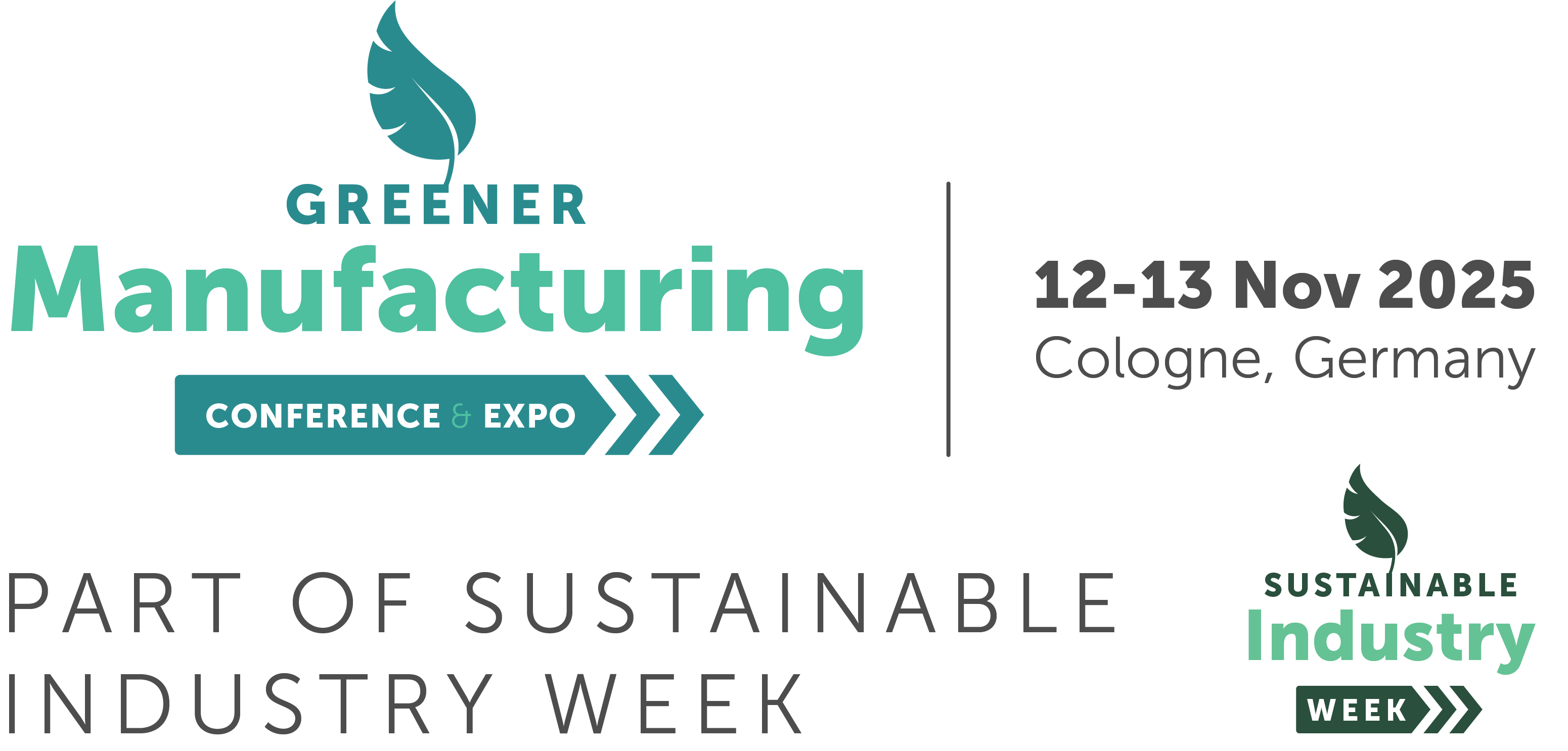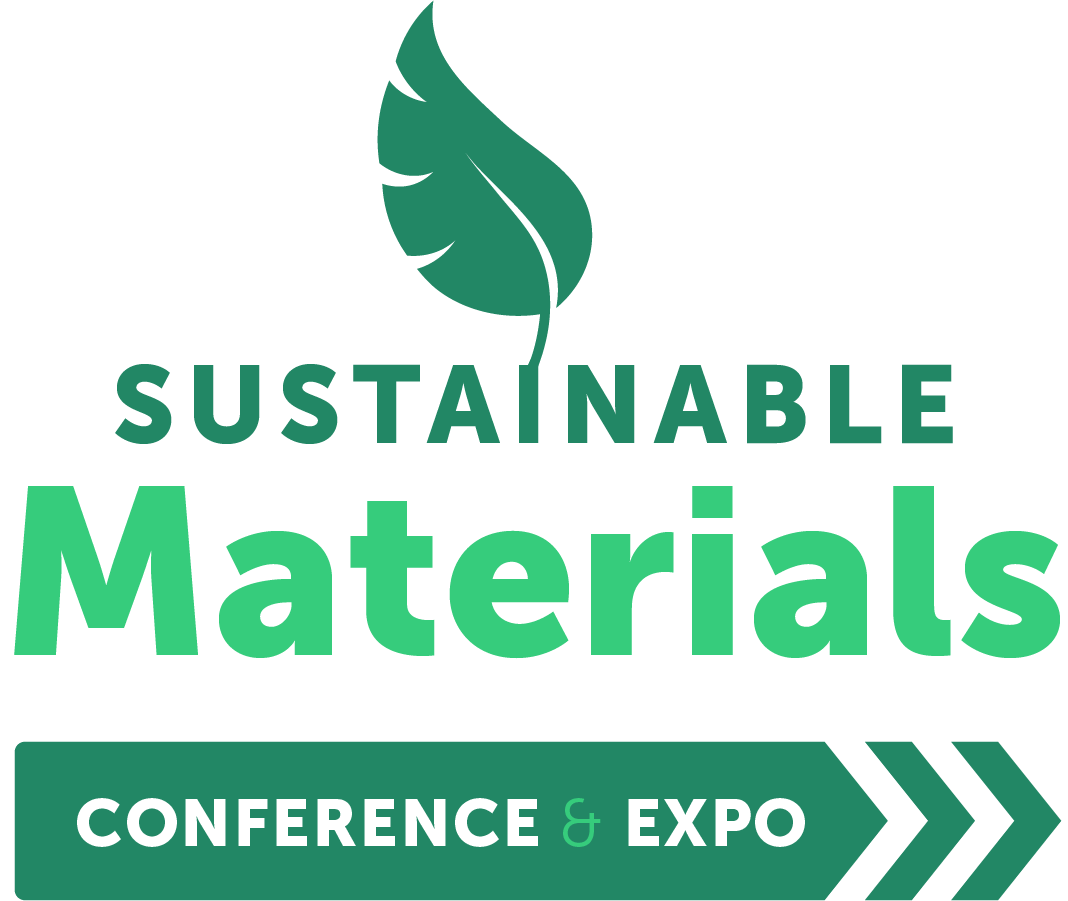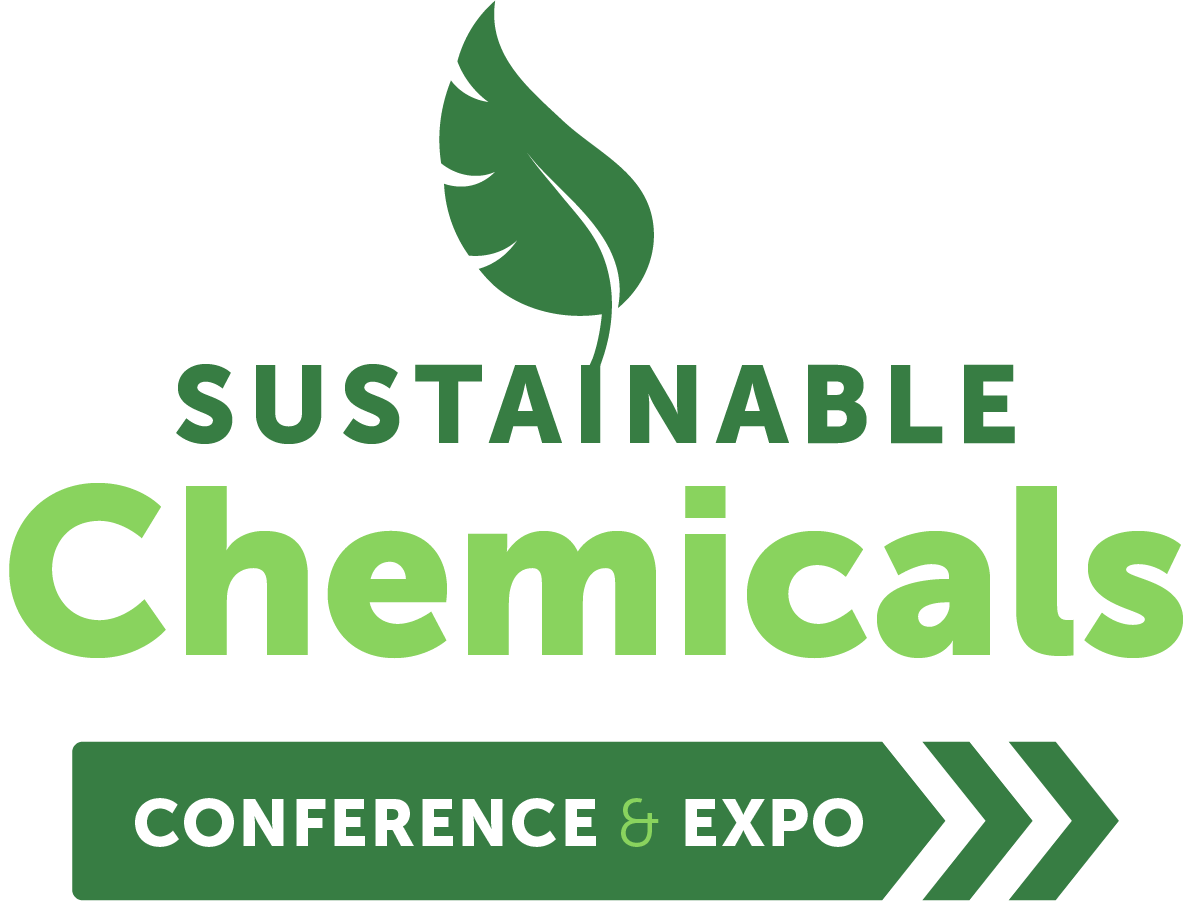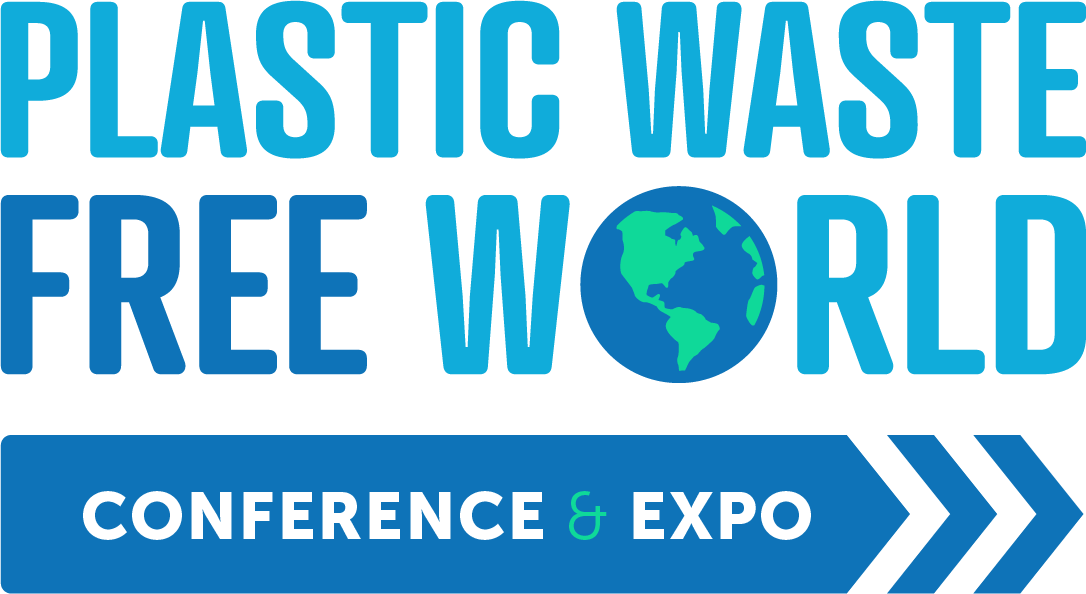Bridgestone to manufacture Firestone Indianapolis 500 race tyres out of sustainable materials
)
Bridgestone Americas (Bridgestone) has announced that they will be supplying the tyres for the 108th running of the Indianapolis 500 (Indy 500), which will take place in 2024. They have also announced that this year, the Firestone Firehawk Indy 500 race tyres will include two monomers. These monomers will come from the waste residue produced by palm oil processing.
In order to make this possible, the Firestone Race Tyre Engineering team and sixty production teammates will be dedicated to creating over 5,000 Indy 500 race tyres. These tyres will be used for practice, qualifying and competitions, which will all take place at Indianapolis Motor Speedway (IMS).
The specific monomers which have been selected include, bio-styrene and butadine and they are certified by the International Sustainability and Carbon Certification (ISCC). This certification covers them for transparency and traceability of sustainable raw materials, all throughout the supply chain.
Bridgestone has a long history with the NTT IndyCarSeries and with the Indianapolis 500, as they have been the executive tyre supplier to these companies for 25 consecutive years. They decided to manufacture these tyres at their ISCC Plus-certified Advanced Tire Production Center (ATPC), which is located in Ohio, specifically Akron. The certification that was awarded to this facility was awarded in 2022 and it highlights that the facility has been recognised for its use of sustainable raw materials. The raw materials it uses includes bio, bio-circular and circular-based synthetic rubber.
Aside from the work the company has performed for the Indy 500, Bridgestone has also been developing the use of guayule-derived natural rubber which is put to use in the sidewalls of Firestone Firehawk alternate race tyres when they are used at the NTT IndyCar Series street course races. This use of guayule is a huge milestone for the industry, as since this development occurred within Bridgestone, guayule is being more closely considered as an alternative source of natural rubber. This particular material comes from a desert shrub, which is currently being grown at Bridgestone’s research facility, that is based in Arizona.
Finally, Bridgestone is taking all their sustainability minded work to the next level, to the point at which they are making sure their transport methods are environmentally friendly. To do this, the company chose to collaborate with Penske Truck Leasing and IMS. Together the companies will transport all Firestone Firehawk Indy 500 tyres to their destination, through the use of electric-powered Freightliner eCascadia trucks.
Executive Director of race tire engineering and production at Bridgestone Americas, Cara Krstolic, commented, “In proving the same premium performance can be delivered at this level through more sustainable materials and technologies, we can work to extend these efforts beyond motorsports into solutions being designed for the future of mobility.”





